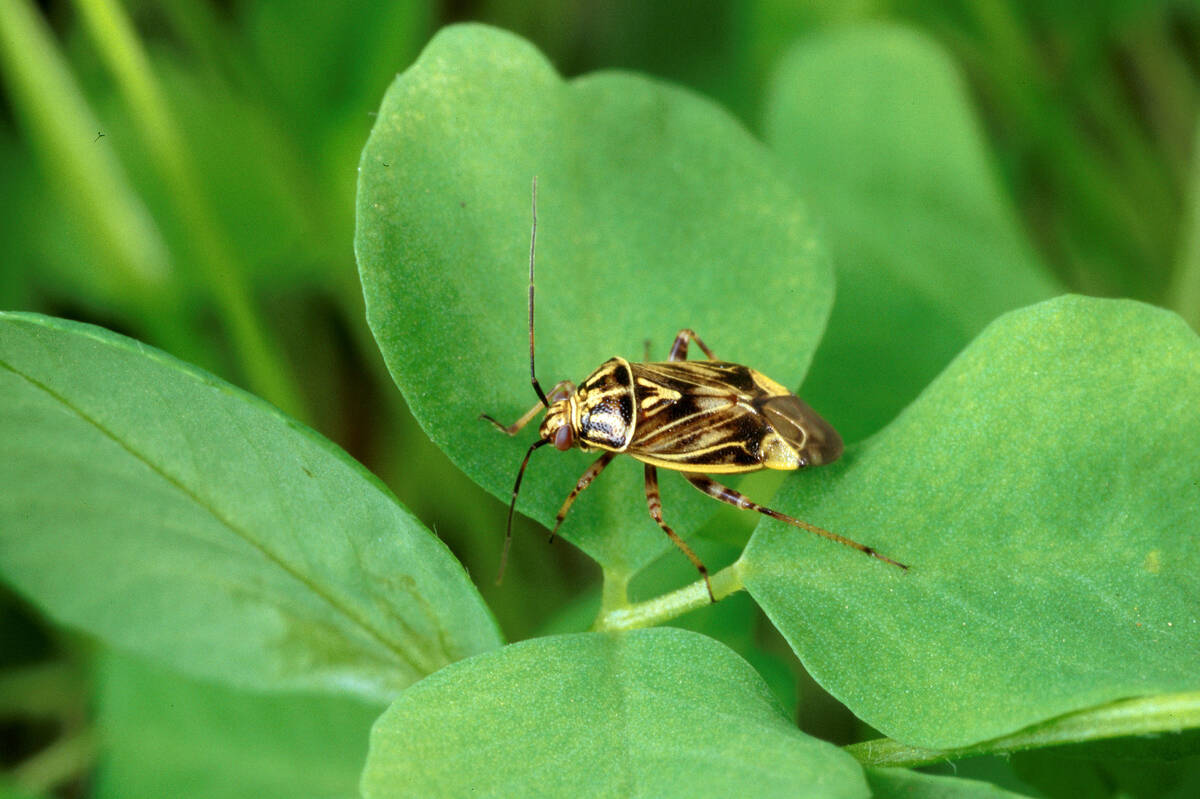Keystone Agr icul tural Producers want seed technology companies to recognize the income crisis farmers are facing this year and be willing to negotiate a fair-use agreement for volunteer crops.
With so much land unseeded in 2011, volunteer canola from last year’s fields has, in some cases, grown into stands farmers consider viable to harvest.
But the technology use agreements (TUAs) in place require that the crop be destroyed and not harvested, unless the appropriate TUA fees are paid.
KAP president Doug Chorney said this year is an exceptional circumstance and a fair-use agreement would acknowledge the distressed circumstances farmers face this year.
Read Also

Trap crops to cut faba bean spraying?
Trap cropping may draw pest insects away from the main crop and concentrate them for precise blitz control, less insecticide needed and friendlier farming for beneficial insects.
“Farmers are saying ‘look, this isn’t something we did by choice.’ We’re in a real economic crisis with our crops not being planted. This isn’t a time for these companies to be demanding these TUAs.”
A resolution passed at the KAP general council meeting July 14 cites one example of a fair-use agreement to harvest these crops being $1 per acre charged if no herbicide technology is used, or one-third of normal fees charged if it is.
The resolution notes that farmers would not be using the volunteer crop under normal conditions.
Other farmers at the July 14 meeting noted that conditions of these volunteer crops vary widely, with some in good shape and some not good at all, therefore adding to the case that it’s reasonable farmers not be asked to pay the full TUA amounts.
KAP will be raising the concern before both the Canadian Seed Trade Association and the federal government.
Among the other resolutions passed at the July 14 meeting was one asking the province to conduct annual maintenance of provincial drains and waterways, including having adapted plant species seeded in all drainage infrastructure to reduce the invasion of hybrid cattails and other invasive weed species. The other calls for telecommunications companies to improve cellphone and Internet service throughout rural Manitoba.

















